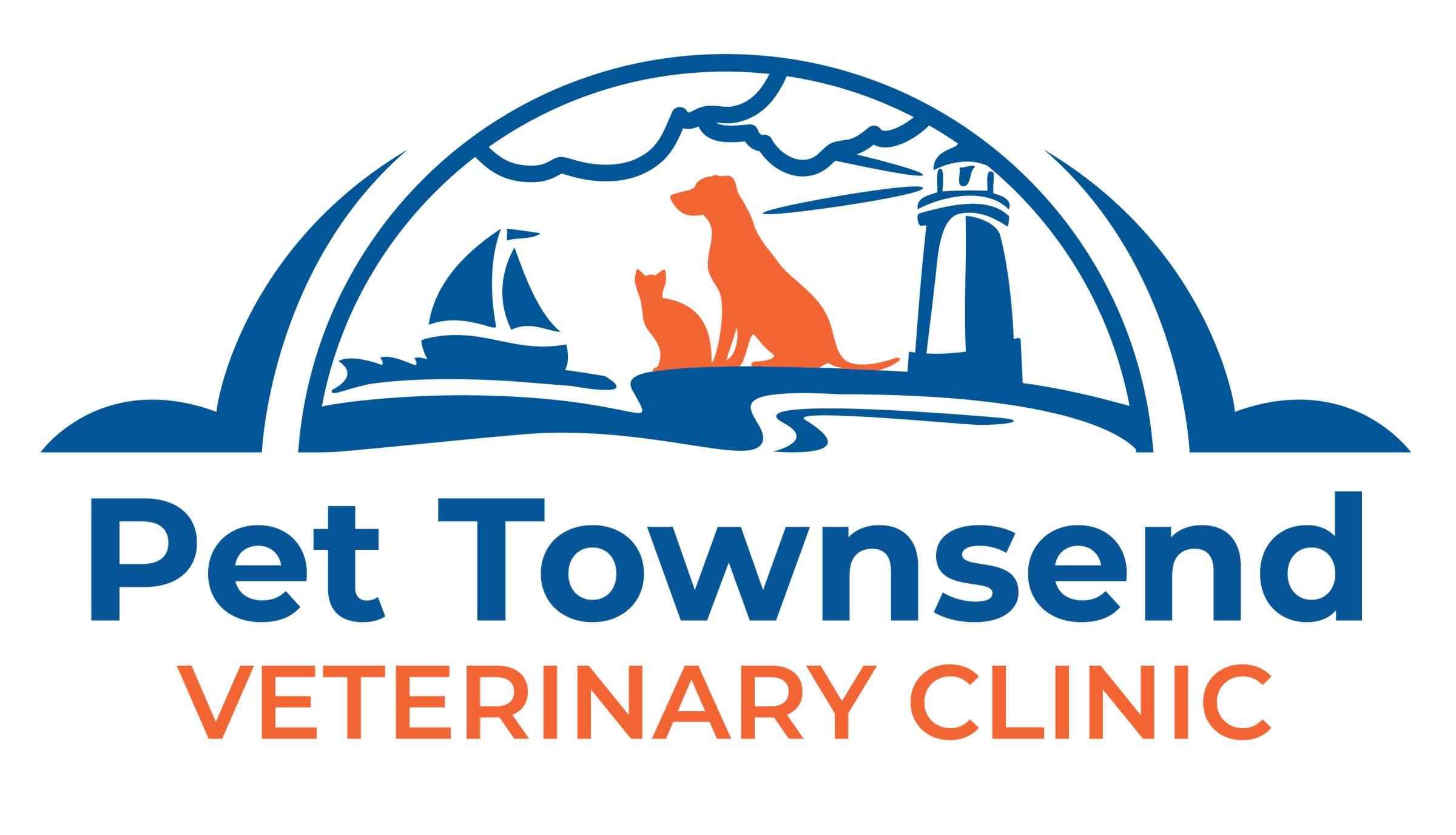At Pet Townsend Veterinary Clinic, we are
dedicated
to ensuring the well-being of pets of all ages in Port Townsend, WA. Our veterinarians tailor senior pet wellness care to your pet’s age, breed, lifestyle, and physical condition to best meet his or her health needs. We consider any pets over the age of seven years old to be senior-aged. At this time in their lives, animals become more susceptible to health issues and require more frequent visits with a veterinarian to keep them happy and healthy.
or give us a call at (360) 379-1133.
Dog Years vs Human Years
7 DOG YEARS = 44 – 56 YEARS
10 DOG YEARS = 56 – 78 YEARS
15 DOG YEARS = 76 – 96 YEARS
20 DOG YEARS = 96 – 120 YEARS
Cat Years vs Human Years
7 CAT YEARS = 54 YEARS
10 CAT YEARS = 63 YEARS
15 CAT YEARS = 78 YEARS
20 CAT YEARS = 97 YEARS
Veterinary Care for Senior Pets
As a team of experienced and educated veterinary professionals, we know the care that is required to keep an animal healthy throughout the course of their lifetime. It is because of your dedication that your furry family member has reached their golden years, meeting their nutritional, exercise, socialization, and other needs. The rest of their care is up to us. A large part of meeting the medical needs of senior pet care include twice-yearly exams and regular bloodwork. Some common issues seen in senior-aged pets include:
- Diabetes
- Arthritis
- Heart disease
- Liver disease
- Certain types of cancer

More frequent veterinary visits with routine laboratory screenings allow you to discuss any concerns and allow the veterinarian to detect changes in lab work and early signs of disease.
Home Care for Senior Pets
In addition to providing the same love and care that you always have, there are a few other things you can do to keep your senior pet happy, healthy, and comfortable as they age.
- EXERCISE – While older pets may not exercise as much as they did as a youngster, regular exercise is still as important for their overall well-being. Exercising keeps pets mobile, boosts their mood, and prevents weight gain.
- HEALTHY DIET – Pets should always eat a diet that is tailored to their age group for optimal digestion, nutritional requirements, and caloric intake. Ask your veterinarian for specific suggestions for your pet.
- COMFORTABLE BEDDING – Consider providing soft, supportive, orthopedic beds throughout the home to ease pain on their joints when resting and sleeping.
- MOBILITY AIDS – Senior pets often have a difficult time navigating through their home as easily as they did when they were younger. Provide assistance by placing ramps or stairs for access to high furniture or add rugs for improved traction on slippery flooring.
- CAREFUL MONITORING – Keep an eye out for any changes in your pet’s behavior, mood, or daily routine (including appetite and bathroom patterns) as these can indicate a developing health issue. Notify your veterinarian if you notice any changes.


